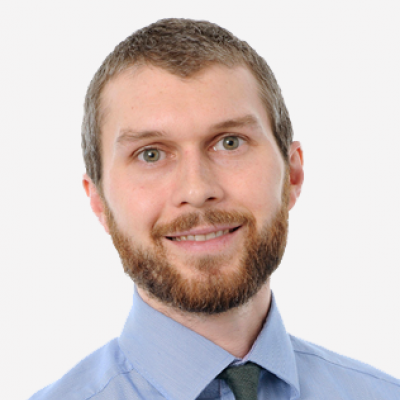Protection or prosecution? Learning from Denmark
25 March 2013

Following so much introspection about the state of our health service in recent weeks, attention is now focused on finding practical ways to implement the recommendations set out by Robert Francis QC. Ensuring that people speak up when an adverse event occurs is arguably the greatest challenge identified in the report, and one where we might draw inspiration from abroad in trying to meet it.
In 2003, the Danish Parliament passed an Act on Patient Safety, following the publication of a study which found that 9% of patients admitted to a Danish hospital were involved in an adverse event. The Act sought to improve patient safety by ensuring that all adverse events are reported and learned from.
The Act includes some key obligations, most crucially for frontline personnel to report adverse events, for hospital owners to act on the reports and for the National Board of Health to disseminate learning and advice from them.
Each hospital and region of Denmark collect data and analyse the adverse events, while the National Board receives anonymised reports to identify trends and provide feedback through alerts, newsletters and issue-specific reports. This system mirrors to a large extent our own National Reporting and Learning System.
In his Inquiry report, Francis sought to drive cultural change around the handling of serious patient safety incidents by proposing the criminalisation of individuals who mislead those affected by safety incidents, or provide untruthful statements to commissioners/regulators (Recommendation 183). The Danish Patient Safety Act, on the other hand, provides a notable difference in emphasis:
'A health care professional reporting an adverse event shall not as a result of such reporting be subjected to disciplinary investigations or measures by the employing authority, supervisory reactions by the National Board of Health or criminal sanctions by the courts'
In other words, the Act seeks to drive the reporting of, and learning from, adverse events by protecting people who report incidents, rather than prosecuting those who do not. The Act aims to deliver a cultural shift ‘from blame and shame to need to know’.
An evaluation of the reporting system in the first two years of operation found that:
- physicians reported 85% of the adverse events they were involved in, and nurses 89%
- two thirds of healthcare professionals were extremely or very confident that the reports will be treated confidentially
- fear of sanctions only prevent a very small proportion of professionals from reporting adverse events
- 70% of the adverse events that healthcare professionals were involved in were followed up in some way.
The evaluation also finds that the reporting system has had a ‘considerable impact on the development of a safety culture in Denmark’.
At the Health Foundation, we have undertaken a significant amount of work to explore what constitutes a safety culture and how it can contribute to positive patient outcomes and staff satisfaction.
We have found that one characteristic of a positive safety culture is where staff feel ‘psychologically safe’ to raise and discuss errors. At a recent roundtable event that we hosted on the subject, participants told us that creating ‘safe spaces’ for multi-disciplinary teams is one of the best ways to encourage this.
Despite the successes achieved in Denmark, the evaluation of the Act’s impact acknowledged that some adverse events still go unreported because staff remain unclear about what an adverse event is, lack the time to report events and/or remain unsure about how to do it.
While individuals and organisations must be held to account for being untruthful following an adverse event, we must make sure that we complement punitive measures with support for people who want to do the right thing.
John is a Policy Manager at the Health Foundation.
Work with us
We look for talented and passionate individuals as everyone at the Health Foundation has an important role to play.
View current vacanciesThe Q community
Q is an initiative connecting people with improvement expertise across the UK.
Find out more

